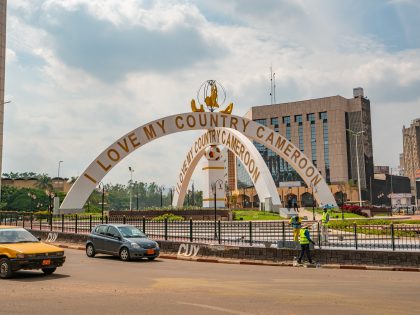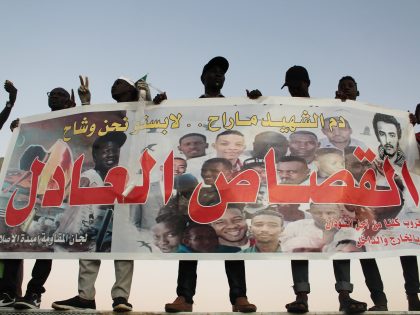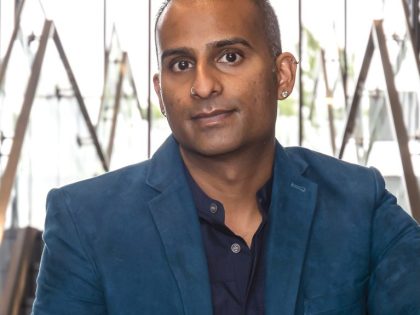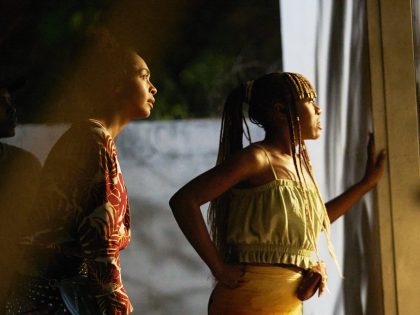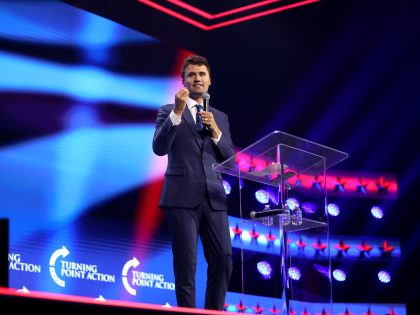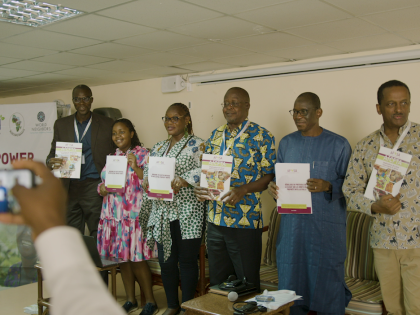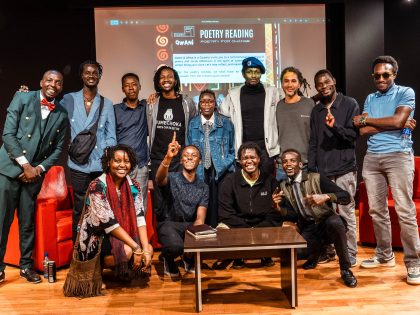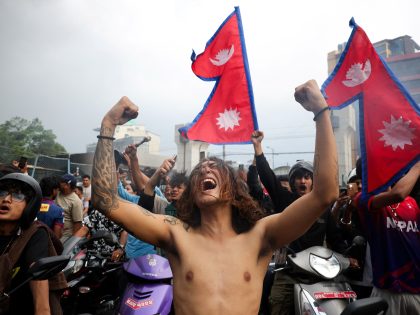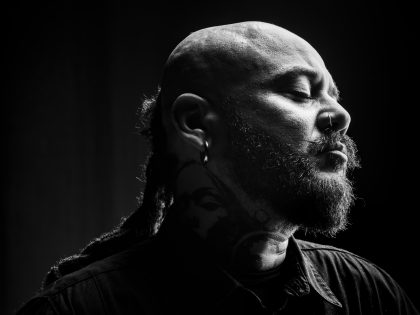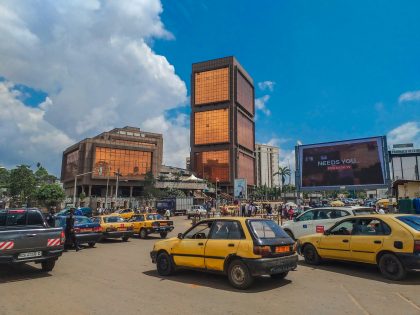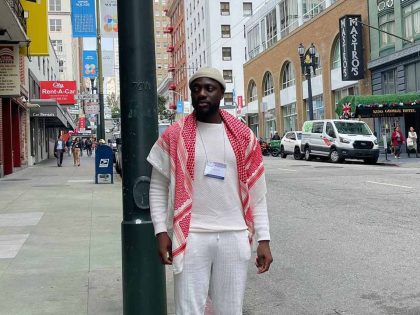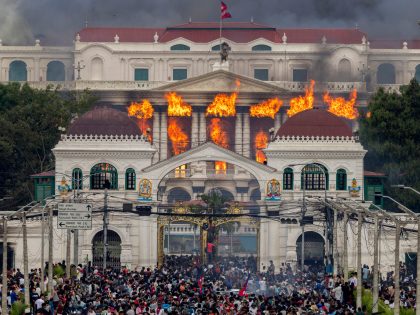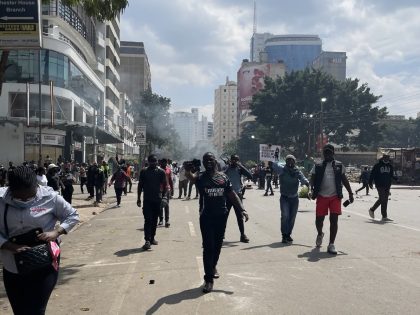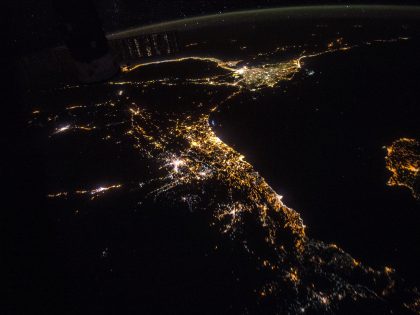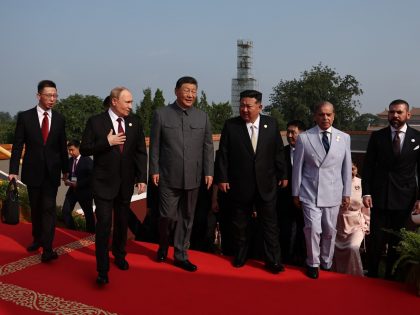Peculiar alliances

Heavy clouds in Colombia (Photo: Mariusz Kluzniak via Flickr CC).
One of the most counterintuitive sights in the referendum on Colombia’s historic peace agreement between the government and FARC rebels, was a coalition between Human Rights Watch (HRW) and former President Álvaro Uribe in favor of a “no” vote.
At the beginning of October, Colombian voters narrowly rejected a comprehensive historic peace agreement that would have ended the decades-long war between the government and the FARC. For his work on the peace deal, President Juan Manuel Santos was awarded the Nobel Peace Prize. Since the margin of victory for the “no” campaign was slim (53,894 votes in a country of 35 million eligible voters), many factors were cited as potentially decisive: a hurricane on the day of the voting; that it was really a referendum on the unpopular President Santos; and the involvement of HRW that might have lent some respectability to the No campaign. The No campaign, which was based on fear rather than political imagination, was led by Uribe, whose regime was associated with widespread state violence. Human Rights Watch leaders chimed in that peace cannot be had with “impunity.” The HRW also tried to extricate itself from Uribe’s uncomfortably tight embrace even as it celebrated the rejection of the peace agreement.
It is important to look beyond this peculiar alliance. After all, Amnesty International also called on the government to ensure “that all those responsible for the despicable crimes under international law inflicted on millions of people over half a century face justice,” and in the process, casually equated justice with criminal accountability for military and political leaders.
How did major human rights organizations end up narrowing justice to punishment? What are the effects of prioritizing trials for perpetrators of political violence and war crimes over other measures? The transnational human rights movement that came to prominence during the Cold War with Amnesty International’s campaigns for the release of “prisoners of conscience” has taken a punitive turn. The reduction of justice to punishment is not, however, simply an imposition by human rights organizations from the global North. The Argentine human rights movement of the 1980s popularized the fight against impunity and amnesties as a human rights cause. Yet these concepts, taken up by academics and activists in North America and Europe, ended up being used as a wedge against the wishes of communities most affected by violence. As I have argued elsewhere, when concepts in human rights and transitional justice travel, they change, and their effects are contingent on the new contexts and the ways they get mobilized.
The rhetoric of justice as criminal accountability has been globalized and thereby separated from its original context. The curious case of HRW’s advocacy against Colombia’s peace agreement raises at least two problems with this globalization of a specific human rights ideology: First, the call for trials might be less convincing and productive in certain political and social context. Second, the broader reframing of justice as punishment for human rights violations and war crimes leaves us with an impoverished understanding of justice and an uncritical embrace of criminal justice systems that often have been part of the problem that they are called upon to remedy.
When Argentine activists started their fight against impunity for enforced disappearances committed under the military dictatorship, their concern was about the accountability of state actors: the state tried to pardon itself. The concern about accountability was tied to calls for truth about the disappearances and for reforms to ensure that state agents would never again torture and murder citizens.
The vocabulary of impunity and accountability that has been developed in the Argentine context took on a different meaning when used elsewhere, especially in the context of protracted civil conflict with multiple parties. Communities that have lived through complex armed conflict often prioritize peace, reparations, and redistribution over calls for punishment of perpetrators. In the Colombian referendum, people living in provinces that have experienced high levels of ongoing violence have overwhelmingly voted in favor of the peace agreement. The agreement allows FARC combatants to transition from paramilitary fighters to participants in a political process that has systematically marginalized many Colombians. There is a difference between calling for prosecutions of murderous state agents and subjecting a complex military and political conflict to the binary logic of criminal law. The peace agreement was bound to be a compromise, not the pipe dream of any of the parties. The HRW subjected it to standards of ‘justice’ developed in very different circumstances, and it did so from a safe distance.
Even if those most affected by a conflict voted for trials, there are reasons to be cautious about embracing criminal justice mechanisms as responses to politically motivated violence committed by state actors and non-state agents.
The vocabulary and institutions of criminal justice are (ideally) designed for crimes committed by individuals in defiance of community norms, not for situations in which the state apparatus turns violent on its own citizens or violent civil conflicts. Although domestic and international law include prohibitions on war crimes and crimes against humanity committed in the course of an armed conflict, subjecting civil war to criminal punishment carries the distinct dangers that non-state military actors are punished for their participation in the conflict rather than their specific prohibited conduct during the conflict.
The submission of politicized violence to the machinery of criminal justice easily vindicates the state, the courts, and the law that might deserve critical scrutiny. In transitional trials, prosecutors and judged craft narratives that offer legal judgment and criminal punishment as redress for violence that is described as ‘lawless.’ But is it so? State repression and civil conflict are not occasioned by the absence of the state or the law, but are enabled when state power and legal mechanisms are wielded against real and imagined political adversaries. The law and the criminal justice system are not innocent of the violence they are called upon to adjudicate. But rather than inviting reflections on the connections between state power, legality, and violence, trials too often celebrate a facile understanding of the rule of law and punishment as the opposite of, and appropriate reaction to, violence.
Even so, the prospect of prison for perpetrators of politicized violence feels just right to many people. Trials, for all their shortcomings, can constitute important rituals of transition. Such rituals can deliver a powerful message of a new beginning. Yet they do this by ascribing the responsibility for complex violence to the individual perpetrators who are being convicted (if that is indeed the outcome of the trial). The messy and much needed stories of collaboration, structural violence, dispossession of land and natural resources, racism, bystanders, and indifference are unlikely to feature prominently in courts. Moreover, trials often do little to change the material realities of the people victimized in the conflict. Thus, trials may feel good, but they do so at the price of reducing the complexity of the conflict into a simple morality tale and inviting us to get comfortable with a punitive state.
A human rights movement that is interested in reducing violence and state repression should be cautious about endorsing trials that celebrate the punitive state as a fountain of justice. As long as the fight against ‘impunity’ has priority, broader social justice issues will lose out.
